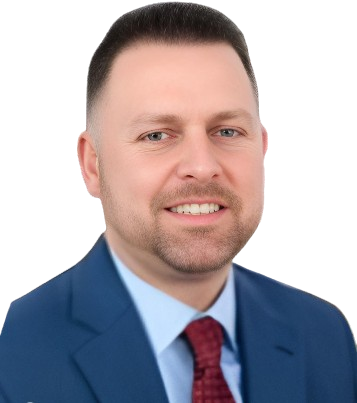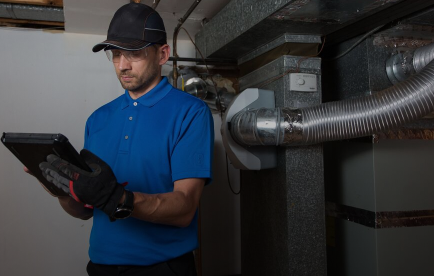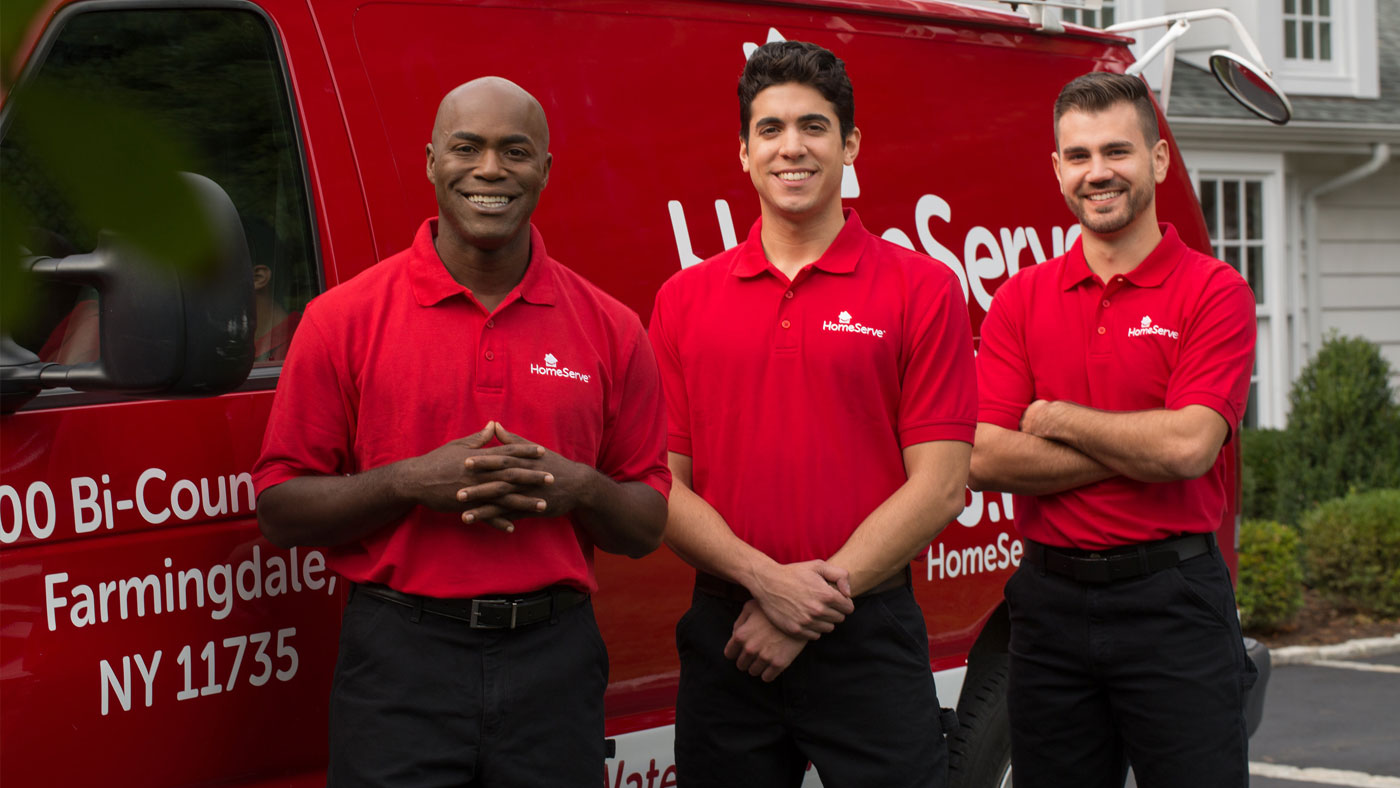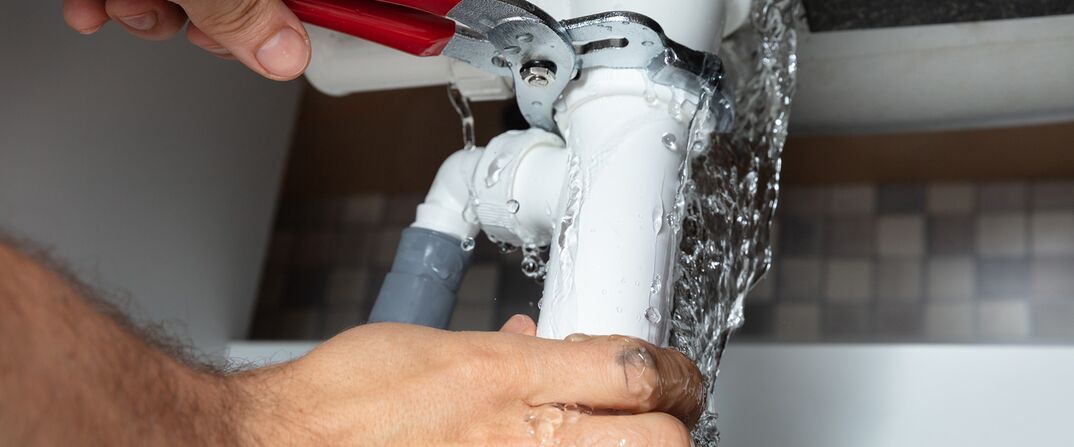Back to Press Room > Company Facts
Most Common Questions About Us and What We Do
HomeServe is committed to full transparency about who we are and what we do when it comes to our home protection plans. We are proud to serve nearly 5 million customers and to partner with more than 1,300 municipalities and utilities. In conjunction with our 2,400 independent small business contractor partners, we service our members’ repair and installation needs under the HomeServe, Service Line Warranties of America, and Service Line Warranties of Canada brands with our home repair plans.
Please see below for FAQs and claims about HomeServe and our service plans. If you don’t see the answer to your question here, feel free to contact us at press@homeserveusa.com.
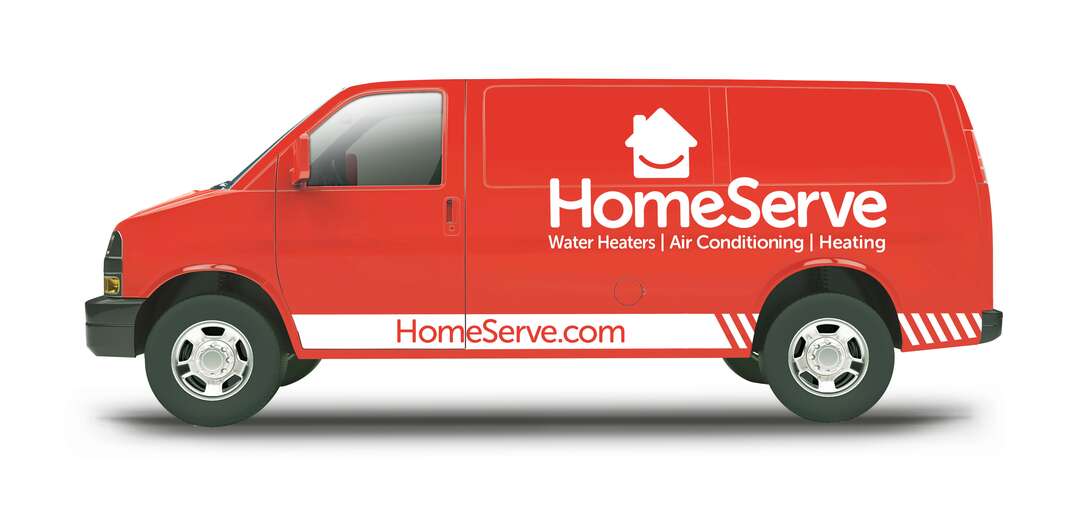


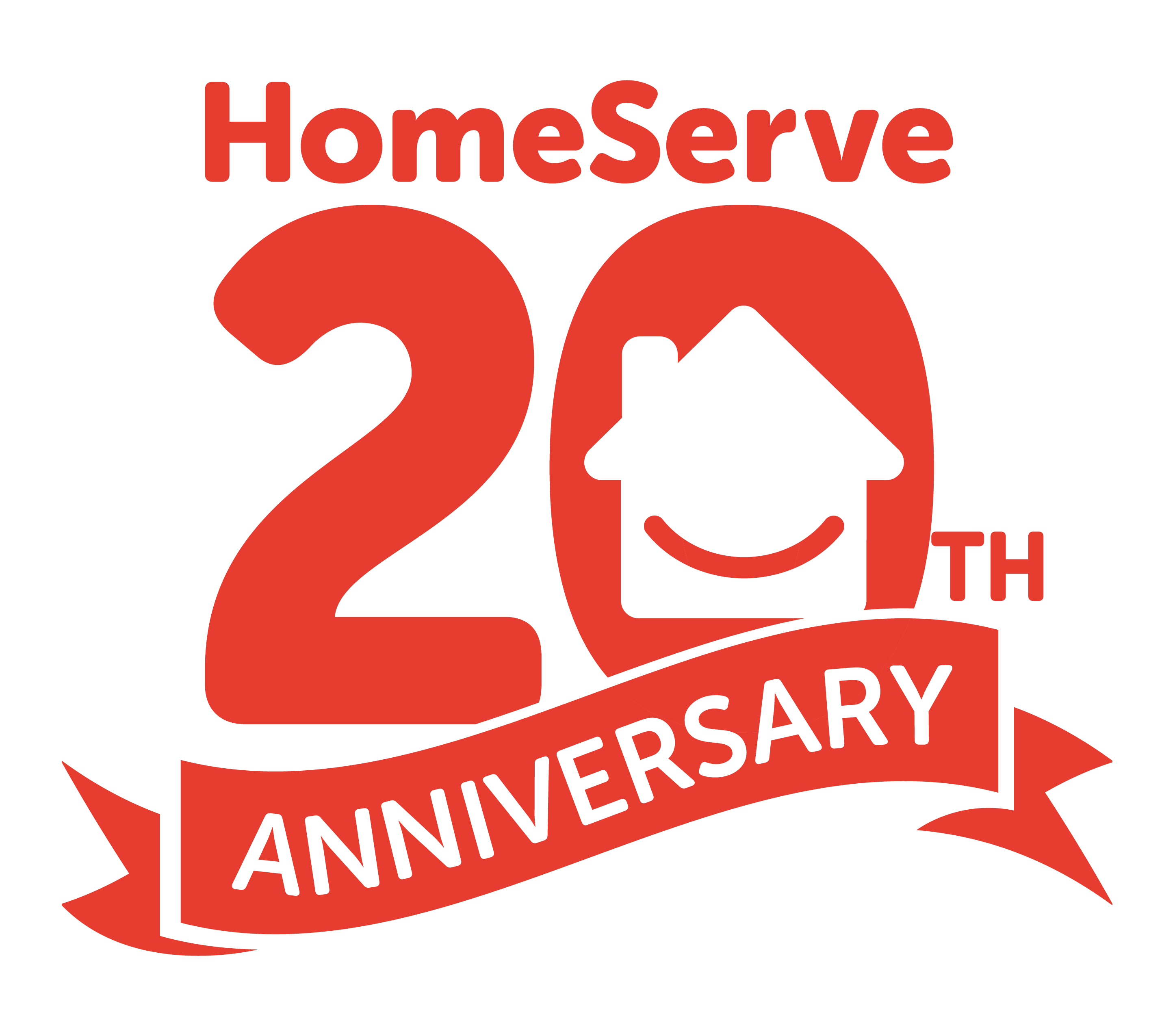
20 Years of Home Repair Experience
BBB Accredited Business A Rating
2,400+ HVAC, Plumbing and Electrical Professional Small Businesses Nationwide

Over $2 Billion in Customer Savings Since 2003

4.8 Out of 5 in Customer Satisfaction for 2023*
*Data based on customers surveyed after receiving service in 2023.
466,394 Jobs Completed in 2023
Search Plans in your area

1
FAQs
-
What is the average lifespan of a home system?
-
How much do these types of home repairs cost?
-
Is a home protection plan worth it?
-
Does my homeowner's insurance cover home repairs?
-
What is the relationship between HomeServe and its utility and municipal partners?
-
Why do municipal or utility logos appear on HomeServe mailing materials?
-
What is the relationship between HomeServe and Service Line Warranties of America and Service Line Warranties of Canada?
-
How does HomeServe receive and respond to online reviews or complaints?
-
Can I opt out of receiving marketing materials?
Meet the Experts at HomeServe
We have lots of experts at HomeServe. Here are a few along with each of their areas of expertise. If you'd like to chat with any of them, contact us at press@homeserveusa.com
-
Sylvester (Syl) has been with HomeServe since January 2015 and is currently responsible for HomeServe's North American third-party contractor network. His areas of focus fall largely within operations. He's been successful in efficiently deploying new technology solutions in the field, streamlining contractor recruitment, and growing the business by assisting in the onboarding and expansion of new and current partners.
Syl's areas of expertise include: Skilled trades gap, operations, contractor recruitment, average job cost trends.
-
Judy has been with HomeServe since February 2022 and is responsible for overseeing HomeServe North America's legal department and providing legal advice surrounding mergers and acquisitions and regulatory affairs. Her focus is largely on legal and compliance, and she's been successful in strengthening brand recognition, directing mergers and acquisitions, and contributing to business growth.
Judy's areas of expertise include: Mergers and acquisitions, regulatory affairs, privacy, brand identity, and business growth.
-
Matthew has been with HomeServe since April 2018 and is responsible for cybersecurity governance and compliance, protecting HomeServe against cybersecurity threats, navigating opportunities and challenges related to artificial intelligence (AI), and promoting cloud security and security awareness. His areas of focus fall largely within information security. He holds several important credentials, including Certified Information Systems Security Professional (CISSP), Certified Information Security Manager (CISM), GIAC Security Essentials Certified (GSEC), and Certified Cloud Security Professional (CCSP). He’s created a strong focus on how to make security practical and supportive of HomeServe business objectives, as well as securing and training the human element of business security.
Matthew’s areas of expertise include: Information security, cybersecurity, security awareness, and cloud security.
-
Sylvester (Syl) has been with HomeServe since January 2015 and is currently responsible for HomeServe's North American third-party contractor network. His areas of focus fall largely within operations. He's been successful in efficiently deploying new technology solutions in the field, streamlining contractor recruitment, and growing the business by assisting in the onboarding and expansion of new and current partners.
Syl's areas of expertise include: Skilled trades gap, operations, contractor recruitment, average job cost trends.
-
Judy has been with HomeServe since February 2022 and is responsible for overseeing HomeServe North America's legal department and providing legal advice surrounding mergers and acquisitions and regulatory affairs. Her focus is largely on legal and compliance, and she's been successful in strengthening brand recognition, directing mergers and acquisitions, and contributing to business growth.
Judy's areas of expertise include: Mergers and acquisitions, regulatory affairs, privacy, brand identity, and business growth.
-
Matthew has been with HomeServe since April 2018 and is responsible for cybersecurity governance and compliance, protecting HomeServe against cybersecurity threats, navigating opportunities and challenges related to artificial intelligence (AI), and promoting cloud security and security awareness. His areas of focus fall largely within information security. He holds several important credentials, including Certified Information Systems Security Professional (CISSP), Certified Information Security Manager (CISM), GIAC Security Essentials Certified (GSEC), and Certified Cloud Security Professional (CCSP). He’s created a strong focus on how to make security practical and supportive of HomeServe business objectives, as well as securing and training the human element of business security.
Matthew’s areas of expertise include: Information security, cybersecurity, security awareness, and cloud security.


